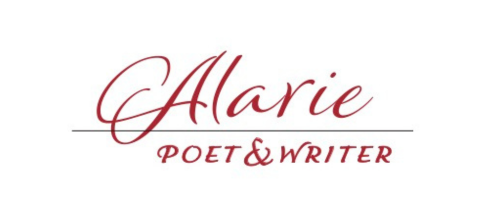
"Tennille is the master of the subtle bump, the tap on the shoulder, the hey, look again."
—Al Ortolani, author of The Taco Boat
-

Running Counterclockwise
Alarie Tennille listens to the things of this world, hungry to transform them into a language and tone that will linger long in a reader’s mind. By turns amused, fascinated, repulsed, and deeply moved, she explores the vagaries and brilliances and sorrows of her surroundings and reports back. With the eye of a painter—indeed, many of the poems are informed by paintings—Tennille notes that “every green is its own green,/sometimes not green at all.” Here is mystery and beckoning and surprise. While her style is straightforward and clear, it’s the passion for her subjects that characterizes Tennille’s work--no skating merely on the surface here. We may not become better human beings after reading Running Counterclockwise, but if not, the fault will be our own. In this collection, Tennille offers us our chances, poem by compassionate, wise, and ironic poem.
Jo McDougall, author of Dirt and Satisfied with Havoc
First Runner Up for the 2015 Thorpe Menn Award for Literary Excellence
-

Waking on the Moon
Alarie Tennille has a good eye. Finely tuned images and ekphrastic poems abound in this collection. She follows Edvard Munch to personify Melancholy. Robert Rauschenberg inspires her to muse on the interconnectedness of life. She speaks in the voices of birds, imagines the moon, inhabits memory. Her straightforward poems lead us to experience and explore the sorrows and exaltations of existence, to understand this world “doesn’t feel like home, but always will be.”
Ruth Bavetta, author of Fugitive Pigments and Flour, Water, Salt
-

Three A.M. at the Museum
I’ve never read a book quite like this. Three A.M. at the Museum becomes an exhilarating, multi-media exploration of the power of art to transform and enlarge us. In one poem, “Rothko,” Tennille praises the intrepid museum visitors who have stopped to look deeply into this perplexing mass of color and energy. “So what if you’re still confused,” she asks. “Something has shifted. / You’ve begun to talk back.” The moment recalls Rilke’s magisterial “Archaic Torso of Apollo,” with its timeless injunction that if you, the observer, are to rise to the challenge of great art, “you must change your life.” These are poems that delight, enthrall, and ultimately transform us. My idea of the perfect afternoon would be to stroll through a museum with Alarie Tennille, learning how to see.
George Bilgere, Author of Blood Pages and Imperial
Named Director’s Pick at the Nelson-Atkins Museum of Art in 2022
